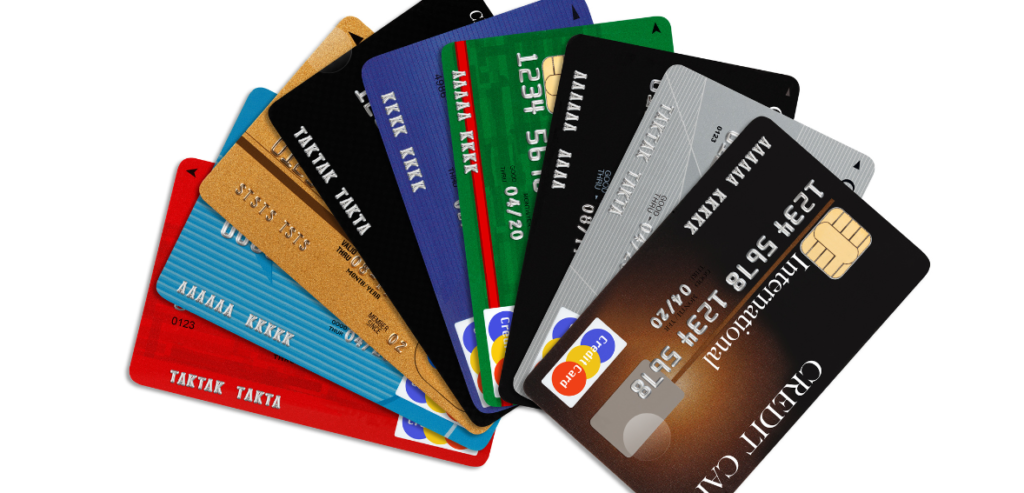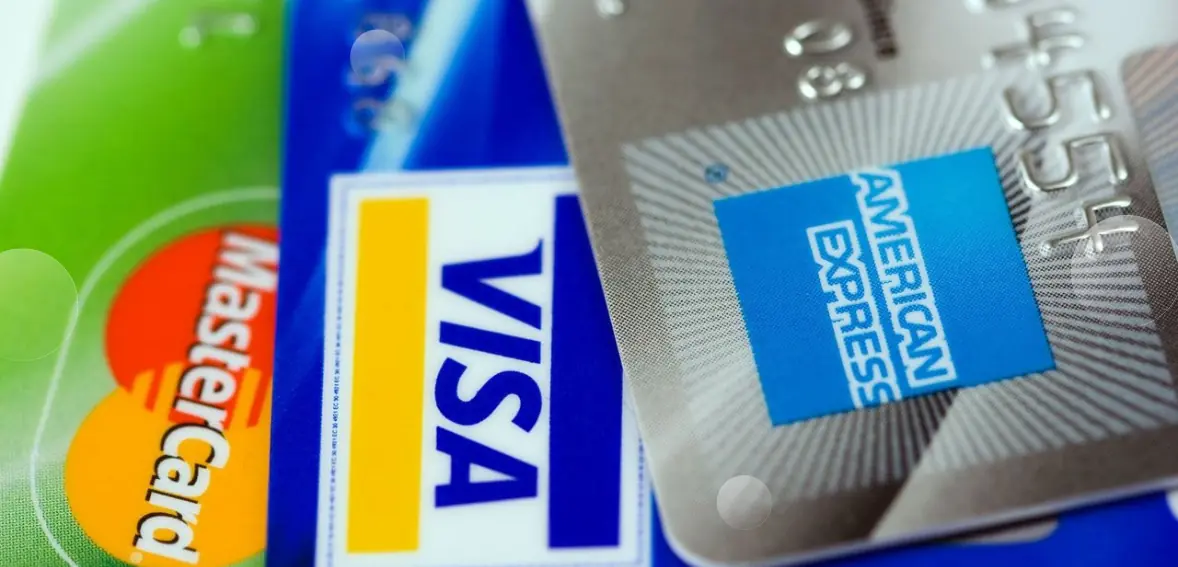MasterCard and Visa are America’s two most widely used credit card networks. These cards allow consumers to make payments at almost all businesses worldwide.
The acceptance rates of Discover at nearly the same merchants are due to different partnerships, but it is not accepted in countries like Mexico and Germany.
American Express has one of the lowest acceptance rates worldwide. That’s why it is always recommended that Amex cardholders have a backup Visa/MasterCard when traveling outside of the United States.
Visa, MasterCard, Discover, or American Express: Which Card has the Highest Acceptance Rates?

Visa and MasterCard are the most commonly accepted cards. Discover is slightly behind these brands, while American Express is in fourth. Most retailers accept Visa and MasterCard card payments. Discover is the least popular card in terms of service to other countries.
Customers who use American Express or Discover credit cards will have difficulty finding merchants that accept them, especially when traveling outside the United States. Discover has forged international partnerships with Union Pay and other card networks.
These alliances have made Discover one of the most popular international card brands. However, Discover has limited coverage in certain countries.
American Express has been working hard to improve acceptance with U.S. merchants. According to the Nilson Report, in February 2020, American Express was accepted by 10.6 million merchants in America. This equates to a 99% acceptance rate.
Credit Card Processing Fees
Most consumers do not know about the costs of processing credit cards. A credit card transaction requires a lot of resources and companies. Merchants must pay an interchange rate to credit card processing networks to be able to accept credit cards.
The merchant’s bank may charge an additional fee for the interchange rate charged through processing networks.
Interchange fees are also different between the four major processing networks. They are charged depending on various factors, such as the type and type of business or credit card. Visa and MasterCard have similar interchange rates.
The interchange rate for Discover may be slightly lower. The interchange rate for American Express credit card cards is higher than that of other networks.
Processing of Debit Card Transactions
Some of the largest processing networks can also process debit card transactions. Although debit cards work in the same way as credit cards, one crucial difference is that they are funded from a consumer’s bank account, not a line.
Most debit card transactions in America are processed over networks managed by Visa and MasterCard. Visa and MasterCard partner banks to offer debit cards to their customers.
What are the Benefits?
You may be eligible for perks that are not available through your network. Many card issuers offer packages that include perks from the Visa and MasterCard networks.
These networks offer various perks through the Visa Signature and Infinite, World MasterCard, and World Elite MasterCard programs.
The networks create these benefits for card issuers to use with their cards. However, each issuer can modify the offerings to add or remove benefits. Before you apply, make sure to double-check the card issuer’s website for the specific perks.
It is still a good idea to familiarize you with the benefits offered by each network program. Although the packages at higher tiers are similar among MasterCard, Visa, and American Express cards, there will be some differences.
You might choose MasterCard’s Priceless Cities Program, which offers experiences online and in other cities. Or Visa Infinite’s $30 credit for chauffeured car reservations.
Why is Card Payment Networks Important?
You might have noticed that the focus is on card networks, not individual cards. It is because the card network is essential when it comes down to acceptance.
If both cards are part of the Visa network, it doesn’t matter if you have a primary card from your bank or a high-end travel rewards card such as the Chase Sapphire Preferred. Visa cards can be accepted by any merchant who accepts Visa.
Visa and MasterCard don’t issue cards. Instead, they make agreements with banks and lenders. A company can offer a credit card if it has contracts with these companies.
Merchants who accept credit card payments are charged fees by card network operators. These fees usually include a flat fee and a percentage of the transaction.
If you make $100 on your card, the merchant might pay $0.15 plus 2.5%, totaling $2.65. When unsure where your card will be accepted, pay attention to the logo of a payment network on the card.
What to look for while in a Credit Card Network?
You should look out for two things when applying for a card to travel internationally.
- Foreign Transaction Fees
You will most likely travel to a country that uses U.S. Dollars as its currency. Many card issuers charge a fee for purchases in currencies other than the U.S. Dollar.
Look for a card that doesn’t charge foreign transaction fees if you plan to travel. The fee is usually 3% of the international purchase amount.
- Chip with EMV
While most transactions with American cards can be made by swiping your card, it is not common in other countries. They tend to use EMV chip technology.
This technology is safer than magnetic stripes and has been widely adopted overseas. Although U.S. companies are now catching up with this technology, many card issuers continue to offer cards without a chip.
Many overseas businesses won’t accept chip-less cards, so ensure your card has one before you go.
Credit Cards Acceptance by Country
Because Discover is part of the Discover Global Network, which includes international payment networks like Diners Club or JCB, Discover is more accepted than other merchants.
Discover’s acceptance is greater in some countries than in others, but more merchants still accept it. To see details about coverage, you can view Discover’s acceptance map.
Visa and MasterCard are, therefore, the most widely accepted networks for international travel. American Express is working to improve its global presence.
It has fallen slightly behind the other networks. We recommend that you check the acceptance rates of any country before you travel abroad. This will ensure that your cards are accepted in all countries.

